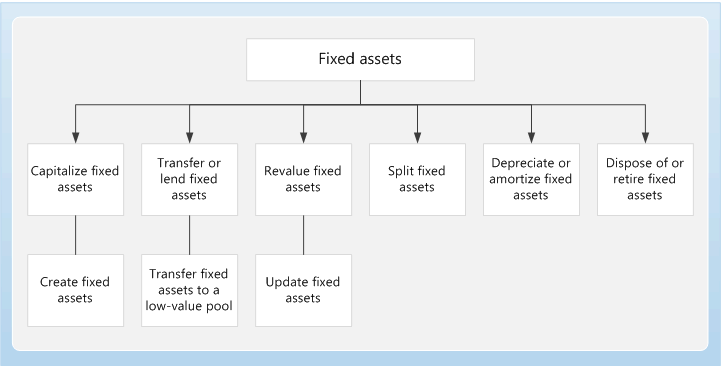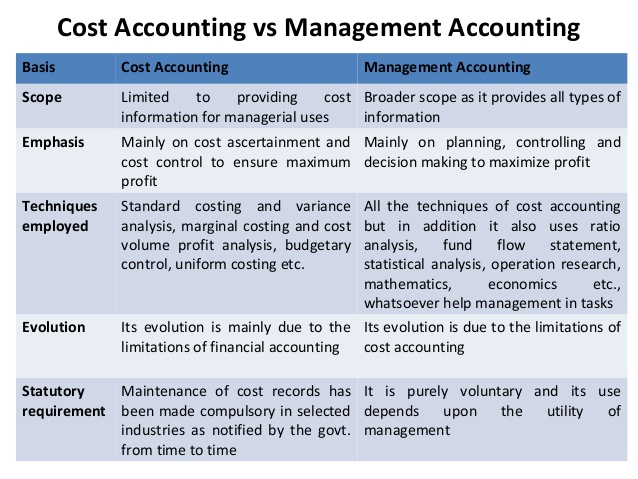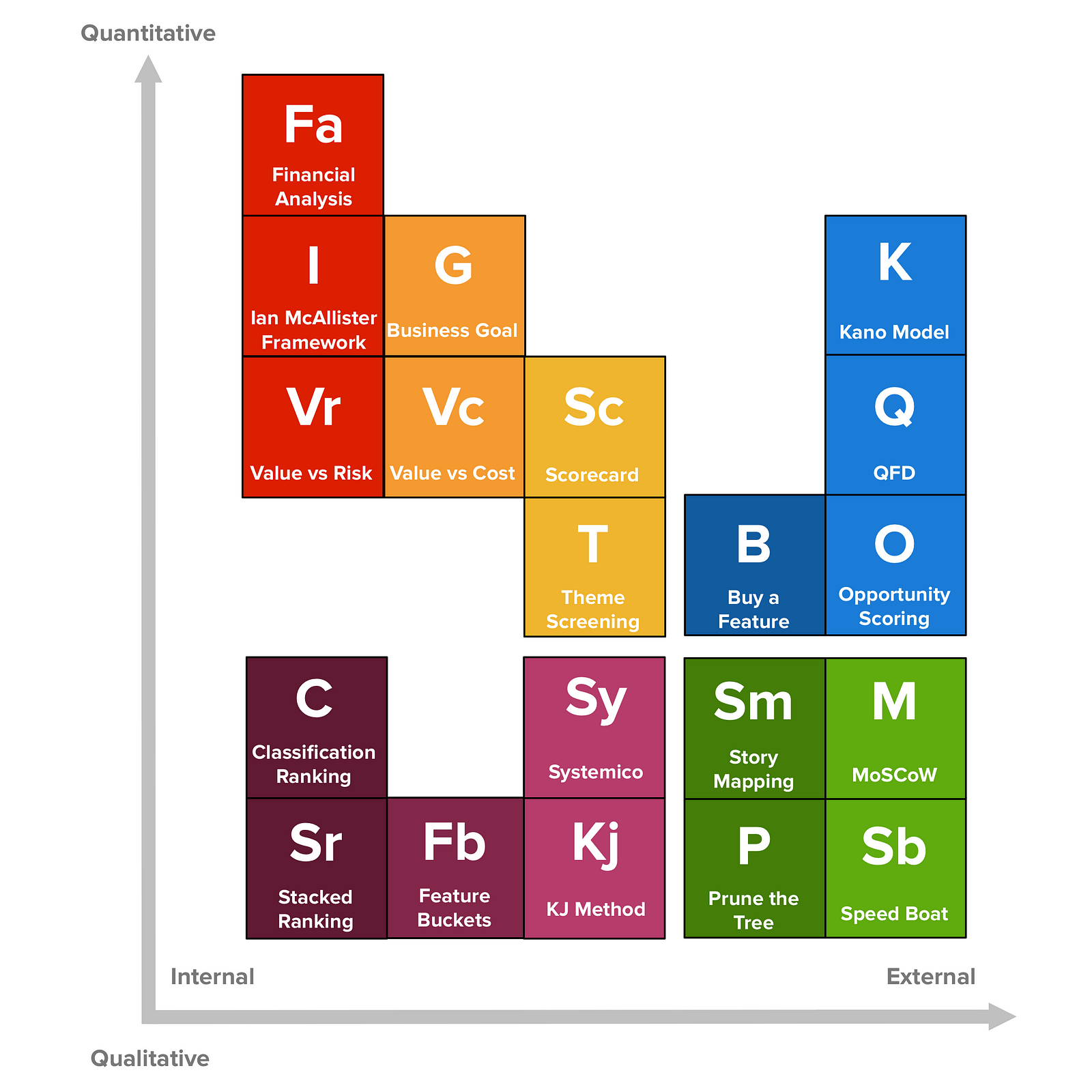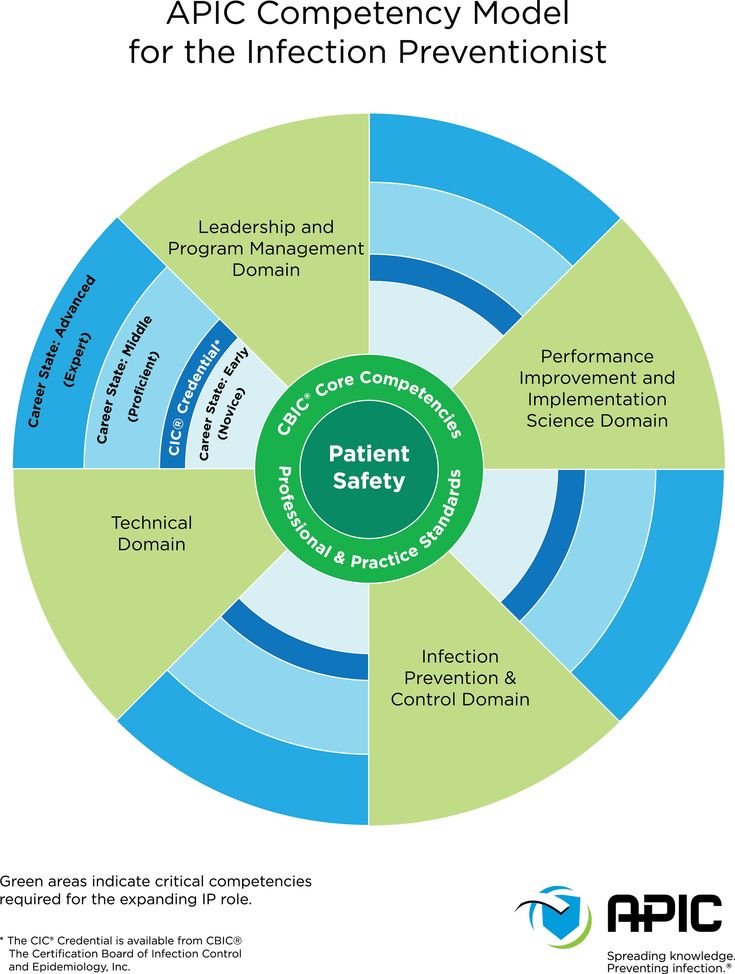Rules based vs principles based accounting ppt pdf
The Principles-Based Approach to Corporate Governance Identifies general principles or objectives for the corporate governance system to aim to achieve. Responsibility is placed on the managers to consider which practices are appropriate, given their circumstances.
Title: Principles-based vs. rules-based accounting standards: The effects of auditee proposed accounting treatment and regulatory enforcement on auditor judgments and confidence
Codes of Ethics can be described as either principles based and high level or rules based and detailed. ICAEW’s Code of Ethics is based on the International Federation of Accountants’ Code of Ethics, which itself has adopted the principles-based approach pioneered by the Institute.
The purpose of this study is to investigate how the effects of principles vs. rules based accounting standards and a potential change in the audit reporting model will affect investors’ perceptions of management’s reporting credibility.
The Principles Verse Rules Based Accounting Standard Debate Accounting Essay. ABSTRACT. The post Enron scandal escalated to the on-going principles-verse-rules-based debate.
The purpose of this study was to explain how Principles-Based accounting standard and Rules- Based accounting standard impact on accounting practices and how Ethics and Culture are important in influencing accounting practices.
The report concludes that a principles-based approach to standard setting is not only desirable but essential, to serve the needs of business and the public interest and that the global convergence of accounting standards cannot be achieved by a detailed rules-driven approach.
(Chapter 9) The attempted move toward principles-based accounting standards is most likely rooted in the move toward convergence between FASB standards and IASB standards, although the role of other nations in the G4+1 (United Kingdom, Canada, Australia, and New Zealand) should not be …
In other words, principles-based accounting will still need quite a few rules that could be pushed against by aggressive financial engineers. Here is an example of what we might see: Principle: All entities that control another entity must consolidate the assets, liabilities, and equity of the other entity.
1 I. Introduction This study examines the relation between rules-based accounting standards and the incidence and outcome of litigation. Following the accounting scandals at the turn of the
The movie is also a launching point for a discussion of the principles versus principles rules debate so often centered on accounting issues, but relevant …
Multiple stakeholders in the financial reporting process have articulated concerns over the rules-based orientation that U.S. accounting standards have adopted. Many argue that a more principles-based approach to standards setting, typified by international accounting standards, would improve the quality of financial reporting and strengthen the auditor’s position when dealing with client
The Audit Quality Forum publication Principles-based Auditing Standards looks at this problem in the context of auditing standards.It recognises that major obstacles to more principles-based auditing standards are differences in views across jurisdictions on the purpose of the audit,the role of auditors,and differences in the education and training of auditors and regulators.The effect of
rules-based accounting standards is the existence of bright-line thresholds, other characteristics include excessive detail, scope and legacy exceptions, and voluminous interpretive guidance RBC
Explaining Rules-Based Characteristics in U.S. GAAP

A Model of Principles-Based vs. Rules-Based Standards
Principles-Based Accounting Standards by Frederick Gill, CPA ° I. Introduction The Enron and WorldCom accounting scandals raised an on-again, off-again academic debate over whether accounting
But when De Niro agrees to find and bring back an honest accountant—played by Charles Grodin—who has jumped bail, De Niro struggles with his strict rules-based approach to life, which has already cost him his police job, wife and family.
The classification of accounts and rules of debit and credit based on such classification are given below: DIPLOMA IN INSURANCE SERVICES MODULE – 1 Notes Basic Accounting Principles Business Environment 66 Classification of accounts ACCOUNTS Personal Impersonal Real Nominal Personal Accounts: Accounts recording transactions relating to individuals or firms or company are …
principles-based approach as being the most robust because, inter alia, by focusing on the underlying aim rather than detailed prohibitions, the principles-based approach combines flexibility with rigour in a way that is unattainable with a rules-based
(A) Rules-based accounting standard. Rule-based systems are fairly simplistic, consisting of little more than a set of if-then statements, but provide the basis for so-called “expert systems” which are widely used in many fields.
PrinciPles-based accounting standards January 2008 1 a Message FroM tHe ceos oF tHe international audit netWorKs Welcome to the fourth Global Public Policy Symposium.

In other academic fields (Black, 2008; Burgemeestre, Hulstijn, & Tan, 2009) rules-based and principles-based approaches have been identified as underlying theoretical tenets for policy regimes.
The transition from a rules-based auditing standard (AS2) to a principles-based auditing standard (AS5) provides a context to assess how such a change impacts audit outcomes. Under a rules-based auditing standard, audit processes are relatively uniform, unscaleable and include significant redundancy. Under a principles-based auditing standard, audit effort can be directed to where risk is
Advantages and Disadvantages of Principles-Based Accounting Standards Advantages of Principles-Based Accounting Standards. The primary advantage of principles-based accounting rests in its broad guidelines that can be applied to numerous situations.
(FASB), generally accepted accounting principles (GAAP), international financial reporting standards (IFRS), similarities and differences between rules based and principles based, IFRS roadmap, convergence and accounting standards advisory forum (ASAF).

Principles-based accounting, on the other hand, avoids rules in favor of general guidelines. Instead of having to comply with hard-and-fast dictates, the accountant uses general principles to
“Principles-based” or “rules-based,” that is the question. In the last year, there has been significant debate over how regulation in the financial services industry should be patterned.
Business Accounting – Generally Accepted Accounting Principles (GAAP) Basic accounting rules apply to all businesses. PowerPoint PPT presentation free to view Federal Government Accounting – Prepare basic budgetary accounting entries and basic proprietary entries for a federal agency
Principles-Based Versus Rules-Based Accounting Abstract Principles-based and rules-based accounting systems each have their advantages and disadvantages. When carefully examining these two accounting systems, it is clear to see that neither is better than the other.
According to SEC (2010), the usage of either rules- or principles-based standards may have large effects on accounting quality since differences in accounting and structuring of accounting frameworks might impede stakeholders in their evaluation of company
CG Approaches Rules-based / Principles-based
Advantages Flexibility. Principles-based accounting is more flexible than rule-based accounting. The Institute of Chartered Accountants of New England and Wales — ICAEW for short — points out that principles are better suited to help accountants respond to rapid changes in a business environment.
In order to make our discussion of concepts-based vs. rules-based standards more concrete, we characterize the accounting standard-setting process and its products as a continuum ranging from imequivocally rigid standards on one end to general defini-
FASB Response to SEC Study on the Adoption of a Principles-Based Accounting System July 2004 Introduction In July 2003, the staff of the Securities and Exchange Commission (SEC) submitted to
Accounting Scandals: Does “Rules vs. Principles” Matter? Recent developments have increased the likelihood that U.S. regulators may permit the use of International Financial Reporting Standards (IFRS) as well as (or perhaps in place of) Generally Accepted Accounting Principles (U.S. GAAP) in the near future. On April 24, the Securities and Exchange Commission (SEC) announced that it will
In the above analysis I considered the impact of amending APB No. 18 to a principles-based standard upon implementation, accounting objectives, and management manipulation. The analysis has uncovered both positive and negative aspects to a change in the accounting standards setting process. Implementation would be more costly and require more
Accrual-based accounting, which is a term you’ve probably heard, is what you get when you apply the revenue principle, the expense principle, and the matching principle. In a nutshell, accrual-based accounting means that you record revenue when a sale is made and record expenses when goods are used or services are received.
A rule-based workplace makes decisions based on past history and precedent, following written down procedures/policies. A rule-based workplace makes it easy for a manager to manage. S/he can make decisions, without having to think about it. – conceptual physics 11th edition solutions manual Principle-Based Ethics Care-based Ethics Focus Act Agent Consequence Context Power/ Relationships Description Actions (independent of consequences) are right or wrong. We are all obliged to fulfill our duties and to act to fulfill these duties Attitudes, dispositions, or character traits enable us to be and to act in ways that develop our human potential (for example, honesty, trustworthiness
5/05/2015 · The principles-based approach described in this White Paper can strengthen a company’s expansion into the global economy. It harnesses the value …
Principles Based vs. Rules Based One of the major differences lies in the conceptual approach: U.S. GAAP is rule-based, whereas IFRS is principle-based. The inherent characteristic of a principles-based framework is the potential of different interpretations for similar transactions.
Changing from a Rules-based to a Principles-based Accounting Logic: A Review Abstract We explore influences on unlisted companies when Portugal moved from a code law, rules-based accounting
1 Introduction Whether accounting standards should be principles-based rather than rules-based is an unresolved issue. The general belief is that, by relying on bright-line and quanti able
There is an ongoing debate in law and accounting about the relative merits of principle-based versus rule-based regulatory systems. In this paper we characterize what kind of reasoning underlies
Accounting concept refers to the basic assumptions and rules and principles which work as the basis of recording of business transactions and preparing accounts.
Rules are principles outlined by governing bodies as in government, games, science, sports, etc. The rules of the game are… Principles are codes of conduct applied by ones self or by an organization that wants to uphold certain principles of society.
Rules-based thinking dominates the accounting industry. A movement to create a principles-based system has some attraction, but a principles-based system has its own risks and pitfalls.
Firms prefer a rules based system where the cost of ambiguity is borne by society rather than the firms, however, when faced with regulatory competition they are better off in principles based systems if the direct costs to firms is sufficiently small. We discuss these effects in the light of recent observations.
Difference Between Principle-based Versus Rule-based. Principle-based: Accounting standards may take the form of general principles, relying on interpretation and judgment by the financial statement preparers before they can be implemented.
On the other hand, many accountants prefer to have clear rules in place that dictate accounting methods. One of the major reasons rule-based accounting tends to be prevalent in the United States is due to its litigious culture.
(A) Rules-based accounting standard. Rule-based systems are fairly simplistic, consisting of little more than a set of if-then statements, but provide the basis for so-called “expert systems” which are widely used in many fields.
Rules vs. Principles. A major difference between IFRS and GAAP accounting is the methodology used to assess the accounting process. GAAP focuses on research and is rule-based, whereas IFRS looks at the overall patterns and is based on principle. With GAAP accounting, there’s little room for exceptions or interpretation, as all transactions must abide by a specific set of rules. With a
This essay discusses the principle based approach and rules based approach for accounting and critically examine the more appropriate standard of accounting. According to Bennet et al (2006) the difference between rules-based and principles-based standards is not clear and is subject to a variety of interpretations.
Rules-Based Standards vs. Principles-Based Standards To understand how the new rules are less “rules-based” and more “principles-based,” let us compare the existing lease accounting standard with the soon-to-be-released new lease accounting standard.
Lease accounting under the US GAAP system and IFRS accounting standard best illustrates the differences between principles-based approach and rules-based approach. Leasing is an importance source of finance for many organisations. Therefore, it is important to disclose all leasing activities in the financial statement in full for users of the financial statement. The prevailing accounting
Rules based or Principles based accounting? Why? Support your argument with examples. 2.) Can accounting be truly be principle Why? Support your argument with examples. 2.)
3/09/2013 · the typical example of rules-based approach is SOX. congress make compliance a matter of law rather than a rule of listing. US-listed companies are required to comply in detail with Sarbox provisions disregarding the size of the company.
The Principles Vs Rules Based Accounting Standard Debate
PRINCIPLES-BASED OR RULES-BASED ACCOUNTING STANDARDS? A QUESTION OF JUDGEMENT The remit of this literature review is to provide a background search of relevant material in support of a working party of The Institute of Chartered Accountants of Scotland in seeking to move forward the ‘principles or rules’ debate over the future development of accounting standards. This …
Rules-Based vs. Principles-Based Approaches There is a debate raging in the Governance world these days about how to improve the level of Trust in our communities regarding the Governance bodies of companies, charitable corporations, Aboriginal communities,
Principles Based VS. Rules Based Accounting Ease of manipulation Income maximization Lacks uniformity Less guidance Cost GAAP/Rules Based 25,000 pages Confusing and timely Costly to interpret Stringent Responsibilty given to enforcers Not easily adjusted Criticisms of Rules Based
ACCOUNTING PRINCIPLES nUniform set of principles, rules, procedures, standards and guidelines of financial accounting and reporting nGAAP is subject to change as economic circumstances change. GENERALLY ACCEPTED ACCOUNTING PRINCIPLES n Must be used in the preparation of accounting records and financial statements n Must be complied with in order to obtain an …
Rules-Based vs. Principles-B~sed Accounting Standards: Analyzing the Impact of Amending APB No. 18 to a Principles Based Standard Jodi E. Ferring . Introduction Significant events have had an impact on the accounting industry. Most recently the public discovery of Enron’s fraudulent accounting practices and Arthur Andersen’s subsequent attempt at a cover-up set the financial world reeling
Accrual Accounting: Concepts, Standards, and Implementation James L. Chan University of Illinois at Chicago University of Cagliari . 2 National School for Public Administration Republic of Italy Roma/Bologna July 1, 2008 . 3 Introduction and Overview . 4 Intended Audience • Primarily Italian government accountants and auditors who draft, interpret or implement government accounting …
An experiment was conducted with U.S. and Dutch auditors to examine the manner in which principles-based versus rules-based accounting standards influence auditors’ process accountability, epistemic motivation, and demands for audit evidence.
How Principles-Based Accounting Standards Impact Litigation

Ethical MORAL RULES and DUTIES NWABR.ORG
The Accounting Debate Principles vs. Rules

Principles-Based Regulation and Compliance A Framework
Rules-based vs. principles-based accounting standards

The Role of Rules and Principles in Accounting
Management to Principle Centered Leadership
– PERSPECTIVE OF ACCOUNTING PRINCIPLES RULES ETHICS
The Accounting Debate Principles vs. Rules WSJ


Focus onAudit ICAEW Principles vrules
Changing from a Rules-based to a Principles-based
EFFECTS OF PRINCIPLES VS. RULES BASED ACCOUNTING
Difference between rules-based and principles-based
principles-based approach as being the most robust because, inter alia, by focusing on the underlying aim rather than detailed prohibitions, the principles-based approach combines flexibility with rigour in a way that is unattainable with a rules-based
On the other hand, many accountants prefer to have clear rules in place that dictate accounting methods. One of the major reasons rule-based accounting tends to be prevalent in the United States is due to its litigious culture.
Rules-Based Standards vs. Principles-Based Standards To understand how the new rules are less “rules-based” and more “principles-based,” let us compare the existing lease accounting standard with the soon-to-be-released new lease accounting standard.
Rules are principles outlined by governing bodies as in government, games, science, sports, etc. The rules of the game are… Principles are codes of conduct applied by ones self or by an organization that wants to uphold certain principles of society.
Principles Based VS. Rules Based Accounting Ease of manipulation Income maximization Lacks uniformity Less guidance Cost GAAP/Rules Based 25,000 pages Confusing and timely Costly to interpret Stringent Responsibilty given to enforcers Not easily adjusted Criticisms of Rules Based
Principles-Based Accounting Standards by Frederick Gill, CPA ° I. Introduction The Enron and WorldCom accounting scandals raised an on-again, off-again academic debate over whether accounting
Advantages and Disadvantages of Principles-Based Accounting Standards Advantages of Principles-Based Accounting Standards. The primary advantage of principles-based accounting rests in its broad guidelines that can be applied to numerous situations.
In the above analysis I considered the impact of amending APB No. 18 to a principles-based standard upon implementation, accounting objectives, and management manipulation. The analysis has uncovered both positive and negative aspects to a change in the accounting standards setting process. Implementation would be more costly and require more
PrinciPles-based accounting standards pwc.blogs.com
Rules- or Principles-based Accounting Frameworks?
PrinciPles-based accounting standards January 2008 1 a Message FroM tHe ceos oF tHe international audit netWorKs Welcome to the fourth Global Public Policy Symposium.
“Principles-based” or “rules-based,” that is the question. In the last year, there has been significant debate over how regulation in the financial services industry should be patterned.
(FASB), generally accepted accounting principles (GAAP), international financial reporting standards (IFRS), similarities and differences between rules based and principles based, IFRS roadmap, convergence and accounting standards advisory forum (ASAF).
The purpose of this study was to explain how Principles-Based accounting standard and Rules- Based accounting standard impact on accounting practices and how Ethics and Culture are important in influencing accounting practices.
A rule-based workplace makes decisions based on past history and precedent, following written down procedures/policies. A rule-based workplace makes it easy for a manager to manage. S/he can make decisions, without having to think about it.
3/09/2013 · the typical example of rules-based approach is SOX. congress make compliance a matter of law rather than a rule of listing. US-listed companies are required to comply in detail with Sarbox provisions disregarding the size of the company.
This essay discusses the principle based approach and rules based approach for accounting and critically examine the more appropriate standard of accounting. According to Bennet et al (2006) the difference between rules-based and principles-based standards is not clear and is subject to a variety of interpretations.
Changing from a Rules-based to a Principles-based Accounting Logic: A Review Abstract We explore influences on unlisted companies when Portugal moved from a code law, rules-based accounting
principles-based approach as being the most robust because, inter alia, by focusing on the underlying aim rather than detailed prohibitions, the principles-based approach combines flexibility with rigour in a way that is unattainable with a rules-based
5/05/2015 · The principles-based approach described in this White Paper can strengthen a company’s expansion into the global economy. It harnesses the value …
In other words, principles-based accounting will still need quite a few rules that could be pushed against by aggressive financial engineers. Here is an example of what we might see: Principle: All entities that control another entity must consolidate the assets, liabilities, and equity of the other entity.
Lease accounting under the US GAAP system and IFRS accounting standard best illustrates the differences between principles-based approach and rules-based approach. Leasing is an importance source of finance for many organisations. Therefore, it is important to disclose all leasing activities in the financial statement in full for users of the financial statement. The prevailing accounting
Principles-based accounting, on the other hand, avoids rules in favor of general guidelines. Instead of having to comply with hard-and-fast dictates, the accountant uses general principles to
The Principles Verse Rules Based Accounting Standard Debate Accounting Essay. ABSTRACT. The post Enron scandal escalated to the on-going principles-verse-rules-based debate.
The classification of accounts and rules of debit and credit based on such classification are given below: DIPLOMA IN INSURANCE SERVICES MODULE – 1 Notes Basic Accounting Principles Business Environment 66 Classification of accounts ACCOUNTS Personal Impersonal Real Nominal Personal Accounts: Accounts recording transactions relating to individuals or firms or company are …

Changing from a Rules-based to a Principles-based Accounting Logic: A Review Abstract We explore influences on unlisted companies when Portugal moved from a code law, rules-based accounting
Evaluating Concepts-Based vs. Rules-Based Approaches to
Principles‐Based versus Rules‐Based Auditing Standards
5/05/2015 · The principles-based approach described in this White Paper can strengthen a company’s expansion into the global economy. It harnesses the value …
Advantages of Principles and Rules-Based Accounting Standards
The purpose of this study is to investigate how the effects of principles vs. rules based accounting standards and a potential change in the audit reporting model will affect investors’ perceptions of management’s reporting credibility.
Management to Principle Centered Leadership
Rules-based vs. principles-based accounting standards
Firms prefer a rules based system where the cost of ambiguity is borne by society rather than the firms, however, when faced with regulatory competition they are better off in principles based systems if the direct costs to firms is sufficiently small. We discuss these effects in the light of recent observations.
Prin VS Rule final Running head PRINCIPLES-BASED VERSUS
Accounting Scandals Does ‘Rules vs. Principles’ Matter?
Principle-Based Ethics Care-based Ethics Focus Act Agent Consequence Context Power/ Relationships Description Actions (independent of consequences) are right or wrong. We are all obliged to fulfill our duties and to act to fulfill these duties Attitudes, dispositions, or character traits enable us to be and to act in ways that develop our human potential (for example, honesty, trustworthiness
Advantages of Principles and Rules-Based Accounting Standards
Rules-Based Characteristics of Accounting Standards and
Principles-based accounting, on the other hand, avoids rules in favor of general guidelines. Instead of having to comply with hard-and-fast dictates, the accountant uses general principles to
(PDF) Rule-based versus Principle-based Regulatory Compliance
Ethical MORAL RULES and DUTIES NWABR.ORG
Changing from a Rules-based to a Principles-based Accounting Logic: A Review Abstract We explore influences on unlisted companies when Portugal moved from a code law, rules-based accounting
Principles‐Based versus Rules‐Based Auditing Standards
Ethical MORAL RULES and DUTIES NWABR.ORG
Rules-Based Characteristics of Accounting Standards and
There is an ongoing debate in law and accounting about the relative merits of principle-based versus rule-based regulatory systems. In this paper we characterize what kind of reasoning underlies
Principles not rules Technical Resources ICAS
Principles-based versus rules-based What really matters
The Similarities and Differences between the Financial
1 I. Introduction This study examines the relation between rules-based accounting standards and the incidence and outcome of litigation. Following the accounting scandals at the turn of the
The Principles vs. Prescriptive Rules Debate Compliance Week
Ethical MORAL RULES and DUTIES NWABR.ORG
The Principles Vs Rules Based Accounting Standard Debate
Accrual Accounting: Concepts, Standards, and Implementation James L. Chan University of Illinois at Chicago University of Cagliari . 2 National School for Public Administration Republic of Italy Roma/Bologna July 1, 2008 . 3 Introduction and Overview . 4 Intended Audience • Primarily Italian government accountants and auditors who draft, interpret or implement government accounting …
Advantages & Disadvantages of Principles-Based Accounting
Principles-Based Versus Rules-Based Accounting Abstract Principles-based and rules-based accounting systems each have their advantages and disadvantages. When carefully examining these two accounting systems, it is clear to see that neither is better than the other.
Rules- or Principles-based Accounting Frameworks?
Ethical MORAL RULES and DUTIES NWABR.ORG
Principles Based VS. Rules Based Accounting by Erika
Codes of Ethics can be described as either principles based and high level or rules based and detailed. ICAEW’s Code of Ethics is based on the International Federation of Accountants’ Code of Ethics, which itself has adopted the principles-based approach pioneered by the Institute.
Accounting standards Setting Approach principles-based vs